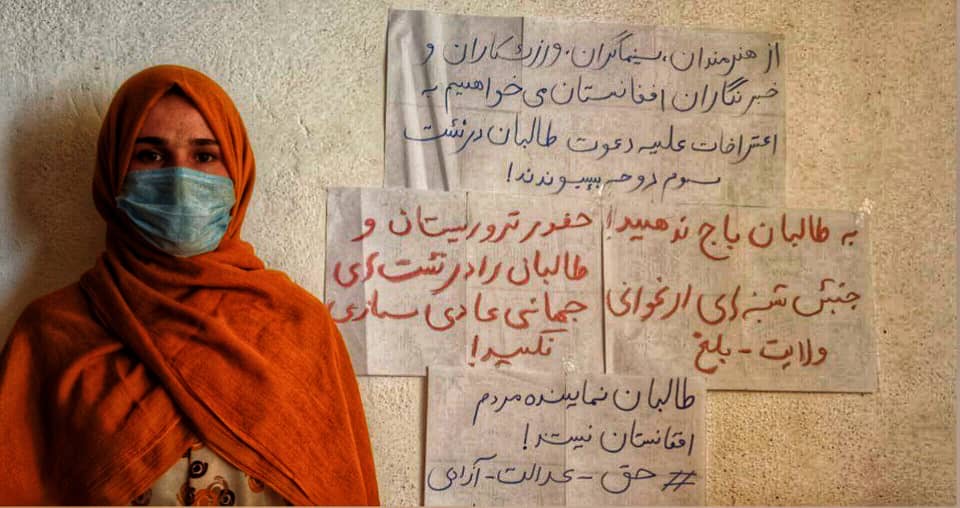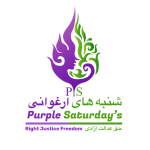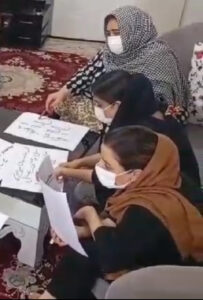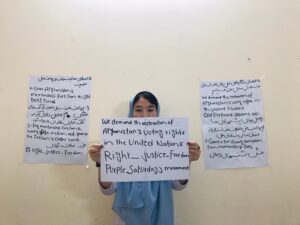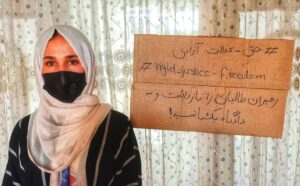The Purple Saturdays Movement Expresses Fears Over International Community and UN Interaction with the Taliban
-
by
admin
The Purple Saturdays Movement, a collective dedicated to advocating for the rights, justice, and freedom of Afghan citizens, especially women and vulnerable groups, has voiced grave concerns over the recent interactions between the international community, the United Nations, and the Taliban. These interactions, highlighted by the upcoming Third Doha Meeting, pose significant dangers not only to the Afghan populace but also to global human rights standards.
The Core Concerns of the Purple Saturdays Movement
Legitimizing Oppression
The primary fear expressed by the Purple Saturdays Movement revolves around the potential legitimization of the Taliban regime through international engagement. By inviting the Taliban to the Doha Meeting and considering their demands, the UN and other international players risk validating a regime known for its oppressive and brutal governance. This move could embolden the Taliban, allowing them to continue their widespread human rights abuses under the guise of seeking international recognition.
Undermining Human Rights
For nearly three years, the Taliban have systematically suppressed women’s rights, perpetrated gender apartheid, committed war crimes, and engaged in the forced displacement of vulnerable ethnic groups and religious minorities. Despite these grave violations, the international community’s willingness to interact with the Taliban sends a disturbing message. It suggests that human rights can be compromised for political convenience, thereby undermining the global human rights framework that the United Nations is supposed to uphold.
Silencing Afghan Voices
The exclusion of real representatives of the Afghan people, particularly women activists and civil society members, from the Doha Meeting is another critical concern. The Taliban have effectively taken Afghan citizens, especially women, hostage within their own country, making it impossible for them to protest or voice their opposition. The international community’s engagement with the Taliban without including these legitimate representatives disrespects the rightful demands of the Afghan populace and marginalizes those who have been most affected by the Taliban’s draconian policies.
The Broader Dangers of Interaction
Empowering Terrorism
Engaging with the Taliban also poses a significant threat to global security. The Taliban’s known connections to terrorist organizations like Al-Qaeda highlight the risk of Afghanistan becoming a safe haven for extremist activities. By legitimizing the Taliban, the international community could inadvertently empower terrorist networks, leading to increased instability and threats beyond Afghanistan’s borders.
Creating a Humanitarian Crisis
The ongoing humanitarian crisis in Afghanistan, marked by severe poverty, food insecurity, and lack of medical supplies, has driven millions of Afghans to seek refuge in neighboring countries. International engagement with the Taliban without addressing these urgent humanitarian needs could exacerbate this crisis. It may also strain resources in host countries, creating additional geopolitical tensions and humanitarian challenges that could ripple across the region.
Compromising Ethical Standards
The ethical implications of engaging with the Taliban cannot be overlooked. By negotiating and interacting with a regime that blatantly violates human rights, the UN and international community risk compromising their own ethical standards. This move sets a dangerous precedent, suggesting that the international community is willing to overlook egregious human rights abuses for the sake of political expediency.
The Call to Action
The Purple Saturdays Movement calls on the international community, particularly artistic, cultural, and sports figures, as well as journalists, to break their silence and join protests against inviting the Taliban to the Doha Meeting. Increased public pressure on the United Nations is crucial to prevent the recognition of the Taliban’s self-proclaimed government and ensure that Afghan voices are heard. Furthermore, the movement urges committed Afghan politicians and the global community to support an alternative to the Taliban’s rule: a legitimate, democratic, and decentralized government that truly represents the Afghan people. Only through steadfast support for human rights and democratic principles can the international community hope to uphold its values and support the people of Afghanistan in their pursuit of Right, justice and freedom.
Conclusion
The interaction between the international community, the United Nations, and the Taliban at the Doha Meeting is fraught with dangers. The Purple Saturdays Movement’s fears highlight the potential legitimization of an oppressive regime, the undermining of global human rights, and the ethical compromises at stake. As the world watches, it is imperative that the international community stands firm in its commitment to human rights and justice, ensuring that the voices of the Afghan people, especially women and vulnerable groups, are not silenced in the process.
#right_justice_freedom
